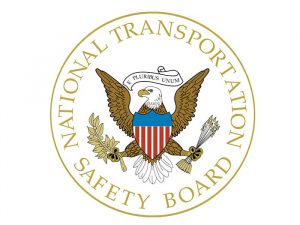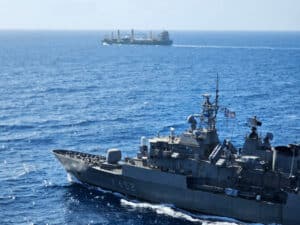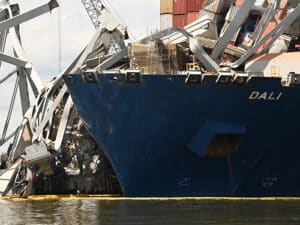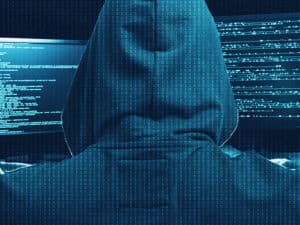
Examination of El Faro VDR data begins
Written by Nick Blenkey
AUGUST 15, 2016 —Investigators will today start examining the data found on the voyage data recorder recovered last week from El Faro, the TOTE ship that sank during Hurricane Joaquin in October 2015.
It looks like it may be a little while before any details from the VDR are made public.
The National Transportation Safety Board says that the examination of the data, called an “audition,” will happen in two rounds. The initial round only includes the NTSB Office of Marine Safety Acting Director, the NTSB Research and Engineering Director, the NTSB’s Investigator in Charge, and the U.S. Coast Guard’s Chief of Investigations and Casualty Analysis.
This audition is of the raw audio without any clean up or filtering and helps to determine the future scope of work.
From the first audition, the NTSB Research and Engineering team will produce a general characterization of the data that details the number of hours, quality of data, quality of audio, presence of GPS, radar, and any other data captured.
The NTSB’s next step is to convene the VDR investigative group. Much like the other groups within the investigation, this group may consist of a member of each of the parties – NTSB, U.S. Coast Guard, American Bureau of Shipping and TOTE Services. These parties are requested to participate as subject matter experts because they can provide expertise in analyzing the VDR information and creating a transcript.
The NTSB forbids lawyers, company executives, or media representatives from participating as members of the VDR investigative group.
Group members must sign a strict non-disclosure agreement that prohibits them from releasing any information from the audition to their organizations or to anyone outside of the VDR group. Because the VDR audition happens within the NTSB investigation party process, it is not considered a public disclosure.
The NTSB is prohibited by federal law from publicly releasing any audio captured from a VDR. Even within the agency, and the team working on the investigation, there are strict limitations on who is able to listen to the audio.
The VDR group will work together to create a transcript of any audio recovered from the VDR. The transcript will be used to inform the future activities related to the El Faro investigation, and any part of the transcript that is considered relevant to the investigation will be released in the public docket.
The NTSB will not publicly release the audio at any time.





Leave a Reply
You must be logged in to post a comment.